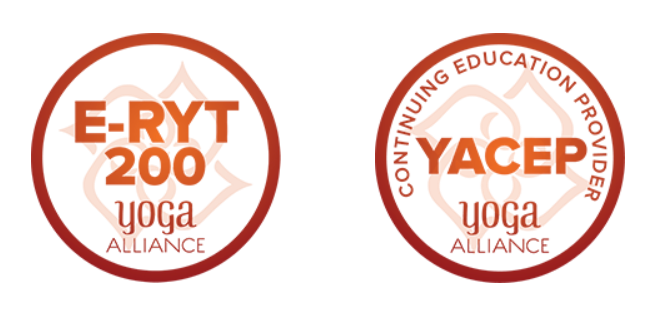
Course Description
The Haṭhapradīpikā, more commonly known as the Haṭha Yoga Pradīpikā, or “Lamp on Haṭha Yoga” is the locus classicus of premodern Haṭhayoga traditions. Written by the yogin Svātmārāma in the first half of the fifteenth-century CE, this influential Sanskrit scripture is a profound treatise on the psychophysical techniques of haṭhayoga (“the yoga of force”). Divided into four chapters, and spread across about 390 verses, the Pradīpikā offers an illumination on the traditional teachings of Āsana (yogic postures), Prāṇāyāma (techniques for breath-control), Mudrā (energetic bodily seals), Samādhi (meditative absorption), and more.
Svātmārāma’s classical treatise is a compilation of prior Sanskrit yoga texts, and as such, offers an invaluable window onto the yogic practices en vogue in medieval India. The influence of this key Haṭha Yoga text is second to none, and helped make the physical techniques of yoga mainstream in early modern India. It has become one of the most translated Sanskrit texts, and continues to inspire practitioners of yoga around the world today.
Although Svātmārāma wrote his “Lamp on Haṭha Yoga” in order to illuminate the “darkness caused by too many opinions” (bahumatadhvānte), unfortunately today, especially in an age of mass-information online, many confusions still abound. In this online course, together we’ll read closely the entire text, line by line—based on the original Sanskrit and an accessible English translation.
We will study and discuss the various methods of practice including āsana, prāṇāyāma, kumbhaka, mudrā, bandha, ṣaṭkarma, yogic diet, the concept of Kuṇḍalinī, as well as the recommended locale for yoga practice (hint: it involves an isolated hut and lots of cow dung). We’ll consider the broader history and theory behind the practices laid out in the text, with special attention given to the influence of ascetic and tantric traditions. We will also examine the role and identity of the Haṭha Yoga practitioner—the question of householders vs. ascetics, female practitioners, and consider who had access to such practices during this time.
We will examine the important relationship between Haṭhayoga and other yoga systems such as Rājayoga, Mantrayoga, and Layayoga. And we will also discuss the significance and tension between the spiritual goals of the attainment of a "stone-like" state of Samādhi and the liberated-while-living state of Jīvanmukti—reflecting on similarities and differences with contemporary goals for yoga practice.

Textbook
We will be using the following English translation and edition of the text for this course. Students are expected to purchase their own versions prior to the start of the course.
- Akers, Brian Dana (2002). Hatha Yoga Pradipika. Woodstock, NY: YogaVidya.

Students Will Receive:
- 7 Pre-recorded video + audio lectures (90 min)
- 7 Pre-recorded Q&A sessions (90 min)
- 7 Multiple-choice quizzes
- 5 ACP credits
- 28 Hours of CE credit with YA
- Course syllabus (PDF)
- Sanskrit e-text (PDF)
- Additional readings (PDF)
- Yogic Studies Certificate (PDF)
- Access to the private Community Forum
Dr. Seth Powell
Founder and Director, Yogic Studies
Seth Powell is a scholar of Indian religions, Sanskrit, and yoga traditions, who earned his PhD in South Asian Religions at Harvard University. His dissertation comprised a critical edition, translation, and detailed study of a 15th-century Sanskrit yoga text from south India known as the Śivayogapradīpikā—which uniquely combines yoga, ritual, and devotion. He also works extensively on the visual and material culture of yoga in premodern India, uncovering yoga's past through temple sculptures.
As an educator, Seth is passionate about sharing the latest academic research on yoga's vast history and philosophies and is gifted in his ability to present the ancient teachings of yoga clearly in an accessible, light-hearted, and inspiring manner—while maintaining a rigor and sensitivity to traditional Indian knowledge systems.
Seth founded Yogic Studies in 2018 and serves as the Director and Head Faculty. He is also the host of The Yogic Studies Podcast.
This course is eligible for 28 hours of Continued Education (CE) credits with Yoga Alliance

Stay Informed
Sign up for the Yogic Studies mailing list to find out first about upcoming courses, podcast episodes, promotions, events, and the latest research delivered straight to your inbox.


